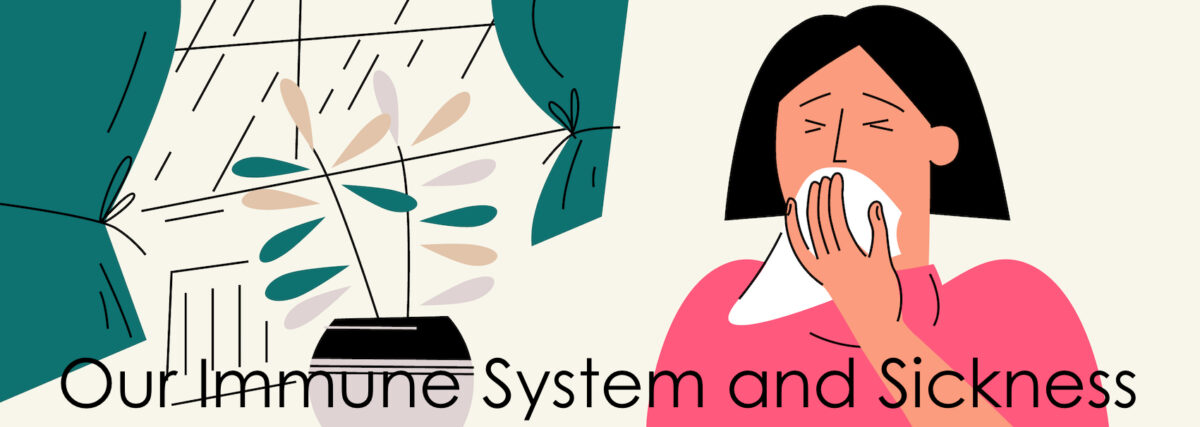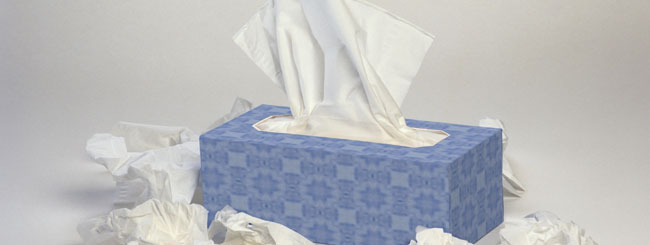Todays post is about Inflammation,
Last week I wrote about the Immune System and how when it is compromised, we get sick. Well, this week I am going to expand on that subject.
One of the symptoms of a compromised immune system is Inflammation.
There was an article in todays Body & Soul that focused on this issue. Finally scientists are saying that Inflammation in the body is one of the major causes of illness. Many Naturopaths and practitioners of complimentary medicine have been saying this for years.
Scott and I first heard about Inflammation in the body and its relationship to illness approximately 8 years ago.
Normally Inflammation is a good thing. It’s a sign of the body’s defense system fighting infection or repairing damage. This is all well and good when our immune system is working well. However, as I mentioned last week, many of us have a compromised immune system due to the stressors we put on it.
We often suspend the body’s process of using inflammation to deal with issues. We start to feel the aches and pains and take anti-inflammatories. Therefore the body doesn’t get to complete its healing processes.
The result being that instead of only calling on our inflammatory defences when we are injured or sick, we’re increasingly triggering the response day in, day out. This creates a situation where our body is consistently emitting small quantities of inflammatory compounds. These levels are often too low to create noticeable symptoms.
There have been recent studies linking high levels of inflammation in the body with some major health problems, such as cancers and heart disease.
So where does the inflammation come from?
Some is produced inside the body. Excess weight is a cause as fat cells excrete inflammatory substances. We also create it by not taking care of ourselves; stress causes the response as well as lack of sleep. If we soldier on with our aches and pains, ignore allergies and if we don’t look after our teeth, our levels of inflammatory chemicals rise.
Another cause is many of the foods that are a large part of the Western diet.
Foods such as sugar, alcohol, high fat meats, fried foods and refined grains cause inflammation.
How do we reduce our inflammation?
The good news is diet can also be used to protect us against inflammation. There is scientific evidence to show that there are foods that reduce inflammation in the body. These are green leafy vegetables, onion, garlic, herbs and spices such as ginger, turmeric and pepper. So by reducing our intake of the Pro-inflammatory foods and increasing the Anti-inflammatory foods in our diet, we are taking steps to lower the inflammation in our bodies.
This strategy along with improving our sleep, reducing our stress and getting some exercise, goes a long way to improving our immune system ability to cope.
A stronger immune system is a stronger, healthier body.
Till the next post,
Live Clean n Prosper



